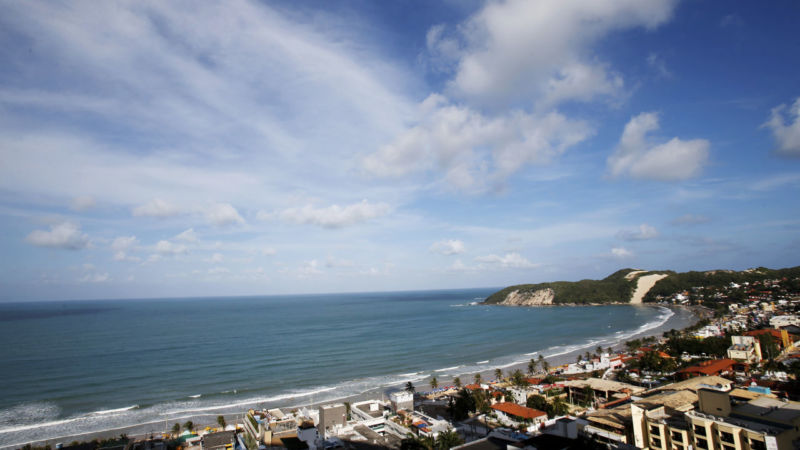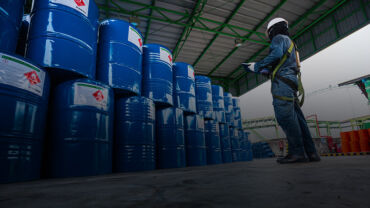Since 1995, when Mercosur signed a framework agreement with the European Union (EU) signaling a commitment to pursue free trade agreements between the two blocs, we have seen several failed negotiations and ultimately a postponed dream to establish one of the largest free trade agreements in the world, outside of what we recently saw with the failure to implement the Trans Pacific Partnership (TPP) Agreement.
However, the resuming of negotiations in 2015 culminated in draft proposals between Mercosur and the EU on May of 2016 (Brussels), leading both blocs to a positive understanding that executing an agreement is highly possible.
One of the paradigm shifts was the support that the Brazilian Government has received from the private sector, which until then, demanded more protectionism to curb the entry of foreign products into the country. What has become evident is that these barriers have not produced the desired effect they sought as more and more foreign products entered into the country, despite the presence of significant customs barriers.
Despite the lack of progress in negotiating a free trade agreement, government negotiators and the private sector worked very closely between 2012 and 2015 to remove the trade barriers. This resulted in an offer by Mercosur to liberalize import requirements for 90% of products traded with the EU.
The EU, recognizing the trade opportunities with Mercosur, and seeing creeping protectionism from the United States and the UK, aggressively sought new business partners. Each of these recent developments suggests that a trade agreement between these parties is likely.
Although there is a broad economic interest in the signing of this Agreement by all Mercosur countries, Brazil has an added incentive to finalize a trade agreement with the EU. CNI (Industry National Confederation) data shows that the current trade between Brazil and the European Union reached USD 100 billion in 2011 and, according to the United Nations, 69% of all the current trade between Mercosur and the European bloc in 2015 occurred with Brazil. Of the USD 54 billion exported by the European Union to Mercosur, USD 38 billion was destined for Brazil. On the other side, Brazil exports to EU increased from EUR 23 billion in the period of 1995-2004 to EUR 46 billion in 2015-2015, which shows the vigorous trade between the most important economic blocks in the world.
Agricultural issues, often an impediment in FTA negotiations, have been demystified by the CNA (Confederation of Agriculture), for not only Brazilians, but especially Europeans agri-businesses. For Brazilian farmers, the restrictions on foreign the exports of their products has caused them to focus their sales on a lucrative Brazilian domestic market
All signs indicate that both parties want to sign an Agreement later this year, so that the technical definitions can be finalized in the first half of 2018 eliminating the potential for interrupted negotiations and uncertainty caused by next year’s Brazilian presidential elections.
Free trade agreements do have risks and the European Union has always vigorously enforced compliance with FTA rules of origin. Mercosur companies interested in exporting to the EU under the auspices of a Trade Agreement will need to implement tighter controls to adapt to the EU’s stringent reporting requirements and enforcement of origin determination. These companies will be better equipped to ensure compliance and prepare for potential EU customs audits if their organization is committed to automating their trade activities.
Brazil has further indicated its interest in opening its domestic market by entering into discussions with the European Free Trade Association (EFTA), the group of countries on the European continent which are not part of the European Union.Executing agreements with the EU and EFTA would result in the largest foreign trade agreement signed among developed countries; an enormous opportunity for the 750 million individuals residing in Europe and Mercosur countries.






